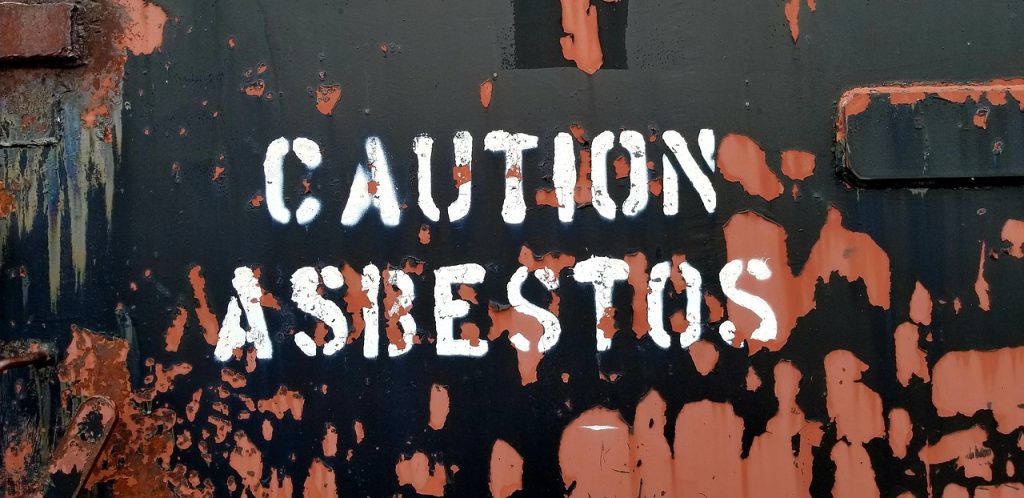Who is responsible for managing asbestos in the workplace?
Asbestos remains the biggest cause of work-related deaths in the UK, according to the Health and Safety Executive (HSE).
5,000 people die every year from asbestos-related diseases. Conditions such as Mesothelioma can take decades to develop and cannot be cured.
And yet many people who own or occupy commercial property are unaware of their responsibilities when it comes to dealing with this deadly material.
Duty of care
Generally speaking, anyone who is responsible for the maintenance or repair of commercial premises has a legal duty to check if asbestos is present. They are then required to manage it in accordance with regulations.
But the Control of Asbestos Regulations 2012 are very broad, which can make things complicated. Landlords, tenants and owner-occupiers can all be responsible for managing asbestos – which was widely used in construction until the late 1990s – in different areas of the same building.
If you are leasing or buying commercial premises that were built before the year 2000, you need to establish exactly which areas of the building you are responsible for and if asbestos is present.
The only fail-safe way you can do this is by having an asbestos survey carried out by a reputable surveyor. Ideally, they should be accredited by the United Kingdom Accreditation Service (UKAS).
In most cases you will be required to mark and manage any asbestos found. You can’t just put the survey in a drawer and then forget about it though. You’ve got to actively manage any asbestos containing materials that have been identified.
That means ensuring that builders, for example, are made fully aware of the presence of asbestos and don’t do anything to disturb it and expose people to harmful fibres.
You must not wait until there’s a property transaction before getting your survey done. If you’re trying to lease a property, any unnecessary delays could mean tenants getting cold feet.
Severe penalties
However, losing a deal could be the least of your worries. A serious breach of the regulations could mean an unlimited fine and/or up to two years in prison. There’s also the reputational damage to your business that would result from a high-profile prosecution.
Business owners and landlords have a moral, as well as a legal, obligation to protect their staff, clients and visitors from harm. Asbestos is incredibly nasty stuff and there’s no cure for the cancer it causes, which can lay dormant within the body for decades.
But by knowing where it is and having a robust plan in place to manage it effectively, you can protect your people – and your business.
Justin Hopkins partner and head of the commercial property.
Justin specialises in all aspects of commercial property work
across a wide range of sectors from housing development
and hospitality to industrial and energy projects.
His expertise covers site development, landlord and
tenant matters, and property finance.
justin.hopkins@mogersdrewett.com


